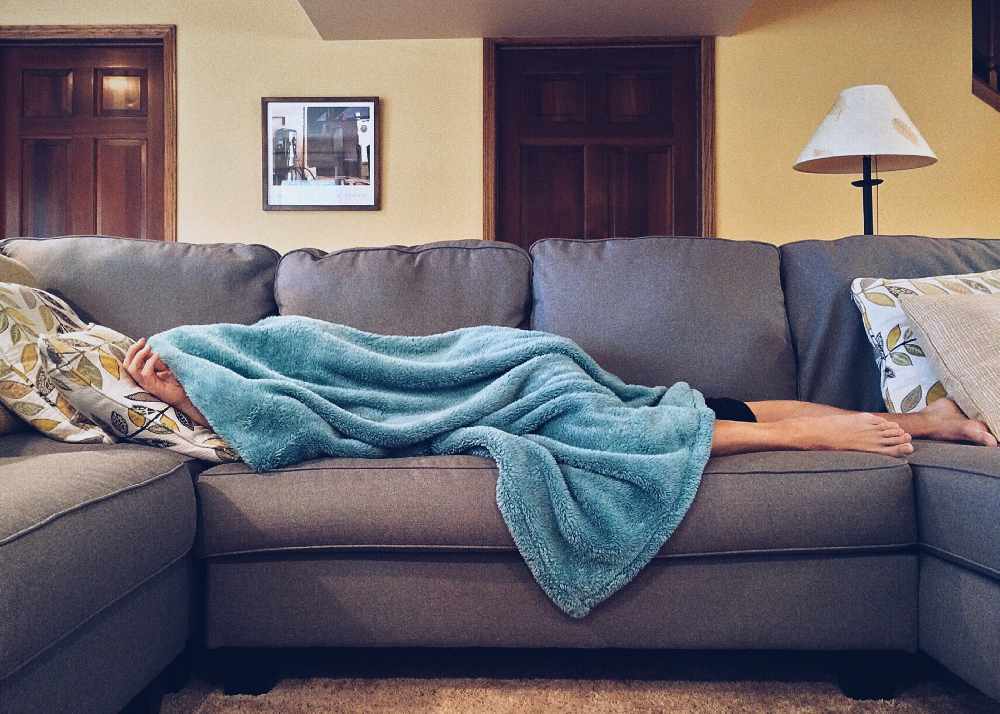
Public Health Services is advising parents to be aware of symptoms of seasonal disease.
Scarlet fever is a seasonal disease and this is the time of year when the highest numbers of cases are typically seen. It is usually a mild illness but it is highly infectious so Public Health Services is advising parents to be aware of symptoms, which include a sore throat, headache and fever with the characteristic pink or red 'sandpapery' rash appearing within a day or two, typically on the chest and stomach that then may spread to other parts of the body.
If signs of scarlet fever are suspected, it is important to contact your GP. Scarlet fever is a bacterial infection that generally affects children under 10 years old more than teenagers or adults, although adults can also be infected.
Dr Nicola Brink, Director of Public Health, said: “Scarlet fever is very contagious but usually not serious and can be treated with antibiotics to reduce the risk of complications and spread to others. We would also like to reinforce the message that if you think that you or your child may have symptoms of scarlet fever please contact your GP. Children or adults diagnosed with scarlet fever are advised to stay at home until at least 24 hours after the start of antibiotic treatment to avoid spreading the infection.”
Jo Rocha, Health Protection Nurse, added: “The Public Health Services strongly urge schools to embed good hand hygiene practices
within daily routines for pupils and staff. Children and adults should be encouraged to cover their mouth and nose with a tissue when they cough and sneeze and to wash their hands after using or disposing of tissues. Scarlet fever is a highly infectious and can be caught through direct contact with an infected person or through the air via droplets from coughs or sneezes.”
Practicing good infection-control measures around someone who is infected will help reduce the spread of infection. These include washing or disposing of all contaminated tissues or handkerchiefs immediately, washing hands frequently and thoroughly with soap
and water and not sharing eating utensils, clothes, bedding and towels.


 Nighttime cliff rescue in Guernsey
Nighttime cliff rescue in Guernsey
 New Year diversions for Guernsey commuters
New Year diversions for Guernsey commuters
 Guernsey Firefighters to collect Christmas trees for charity
Guernsey Firefighters to collect Christmas trees for charity
 Four Guernsey residents on the New Year Honours List
Four Guernsey residents on the New Year Honours List
 Patrols at La Valette bathing pools after recurring antisocial behavior
Patrols at La Valette bathing pools after recurring antisocial behavior
 Enhanced protection for Sark's sea life
Enhanced protection for Sark's sea life
 Skeleton of new Guernsey golf resort built
Skeleton of new Guernsey golf resort built
 Prominent Guernsey man appointed Commissioner for Standards
Prominent Guernsey man appointed Commissioner for Standards

